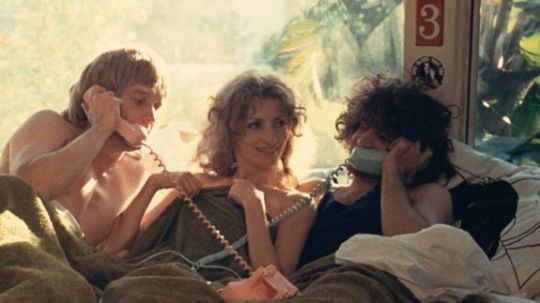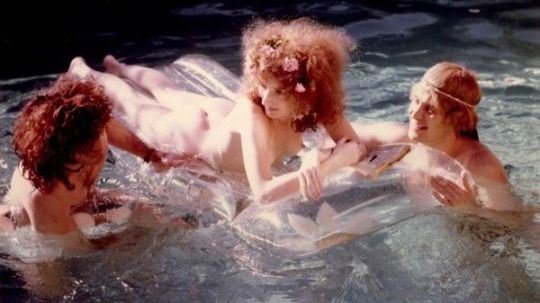Bohemian Requiem: How Agns Vardas Lions Love (...and Lies) Presaged the Death of the Hippie and the Rebirth of Hollywood by Judy Berman
By Yasmina Tawil

In 1967, as young people from all over America were piling into Volkswagens and Greyhound buses bound for California, Agns Varda relocated from Paris to Los Angeles. Her husband, the director Jacques Demy, had just signed a deal with Columbia. As a mother pushing 40, she was a full generation older than the dropouts, runaways, and radicals amassing in San Franciscoand had already made a handful of classic films in France. But Vardas vivacious personality was well suited to her sunny, liberated new surroundings.
It was a shower of freedom, she recalled in a 2009 interview with the L.A. Times. Suddenly, everything was different. It was a peace and love time. They were trying to have sexual revolutions and colors were daring. They were eating different. I had to learn the language and we threw ourselves into the generation and we loved it so much.
Though Varda took meetings with Columbia Pictures, too, for a project titled Peace and Love, she gave up when the studio denied her full creative control. As Alison Smith points out in her book, Agns Varda, the disappointment was probably mitigated by the relative liberty that she had in her work. San Francisco was effervescent, flower-powered, idyllic, and Vardas contacts there read like a catalogue of the well-heeled counterculture.
Each of the three films she made during her three years in California is, in its own way, a product of that counterculture. In 1967, Varda traveled to the aquatic suburbia of Sausalito to make Uncle Yanco, a lighthearted documentary short about her relative Jean Varda, a beloved local painter. The next year, in Black Panthers, she documented the protests in Oakland following Huey P. Newtons arrest. Her sympathetic take on the movement contrasts white peoples irrational fear of the Panthers with activists calm explanations of their objectives. But her California masterpiece is 1969s Lions Love (…and Lies), a narrative feature that combines the joie de vivre of Uncle Yanco with the serious critique of Black Panthers.




